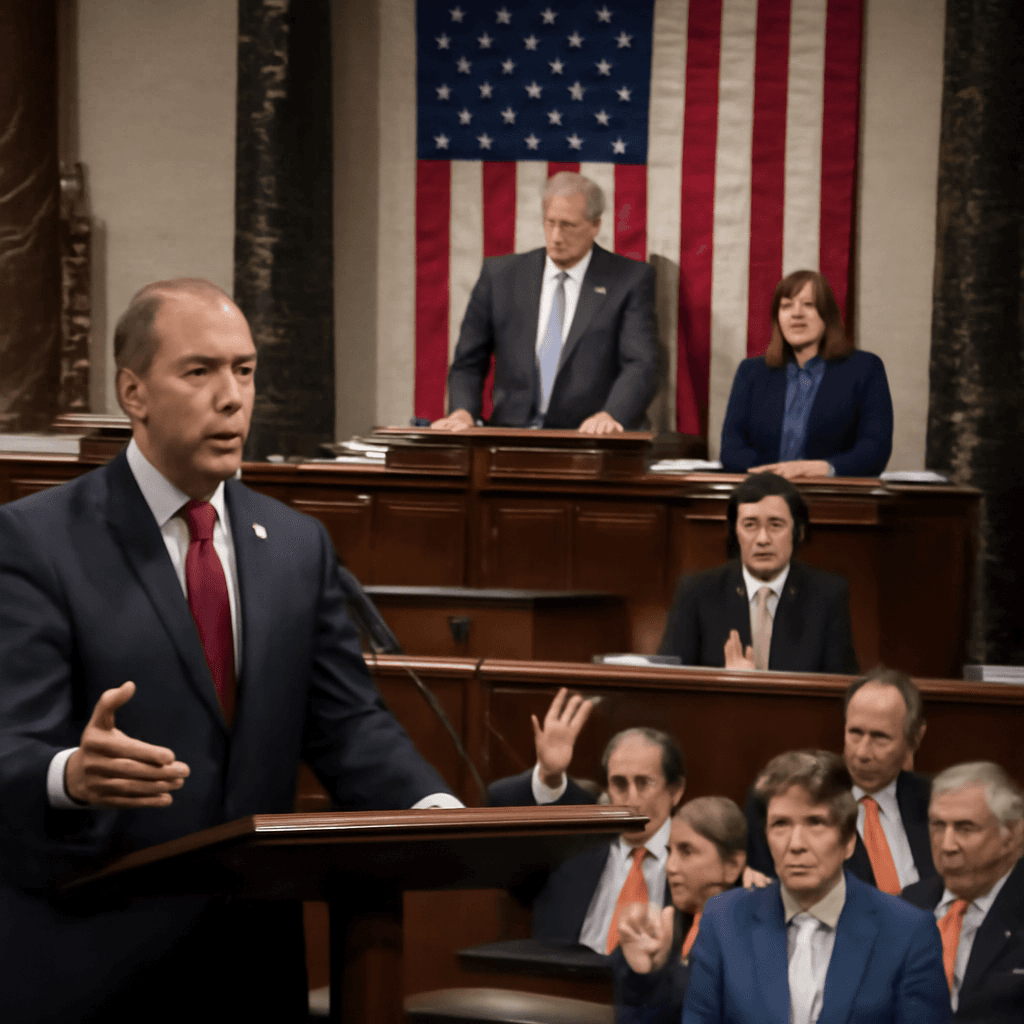Historic Social Security Bill Passed
The Social Security Administration (SSA) has hailed the newly passed "One Big Beautiful Bill" as a landmark reform delivering much-anticipated tax relief to millions of older Americans. The legislation, approved by Congress last Thursday, now awaits the President's signature in a White House ceremony scheduled for Friday.
Key Benefits of the Legislation
This pioneering law ensures that nearly 90 percent of Social Security recipients will no longer pay income taxes on their benefits. In practical terms, it introduces a tax deduction of up to $6,000 for individuals aged 65 or older with incomes up to $75,000, and for married couples earning up to $150,000. The benefit phases out gradually for individuals earning up to $175,000 and couples up to $250,000.
Social Security Commissioner Frank Bisignano described the bill as a monumental stride forward, emphasizing that Social Security has been a bedrock of financial stability for seniors for nearly 90 years. By alleviating the tax burden on benefits, the legislation reinforces a commitment to safeguarding Social Security and enhancing retirement security.
Political Debate and Fiscal Concerns
Despite broad support, the bill has ignited intense political debate, especially concerning its long-term implications. While framed as a major tax cut for seniors, critics highlight that the deduction is temporary, set to expire after 2028 unless renewed by lawmakers.
Moreover, the bill includes substantial cuts to Medicaid and other assistance programs vital to millions of low-income Americans. Opponents warn these reductions threaten essential safety nets for healthcare and nutrition.
Financially, the Congressional Budget Office estimates the package will add approximately $3.3 trillion to the federal deficit over the next decade, raising concerns about fiscal sustainability.
Voices from the Field
- President's statement: In Iowa following the bill's passage, the President called it the "biggest tax cut in history," expressing satisfaction with the legislative agreement.
- Tax expert’s perspective: Karla Dennis, CEO of KDA Inc., stressed the need for enduring solutions rather than short-term fixes. She advocates ending taxes on Social Security benefits for seniors earning under $100,000 annually, labeling current policies as outdated relative to today's retirement income realities.
Looking Ahead
The new tax provisions are set to come into effect for the 2026 tax year and will remain active through 2028 unless extended. The President's expected signing ceremony in the Oval Office on Friday will officially enact the "One Big Beautiful Bill."
As this legislation unfolds, its impact on retirees and government finances will be closely monitored, reflecting ongoing debates about balancing tax relief with social program funding.



















